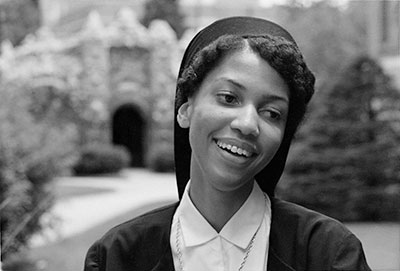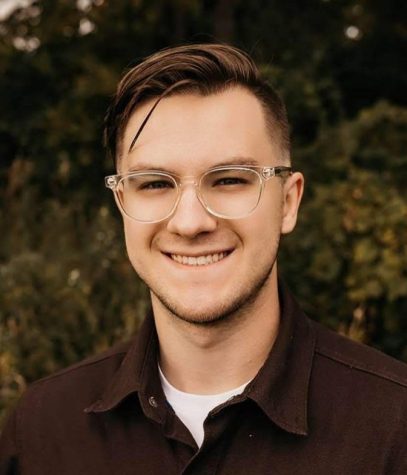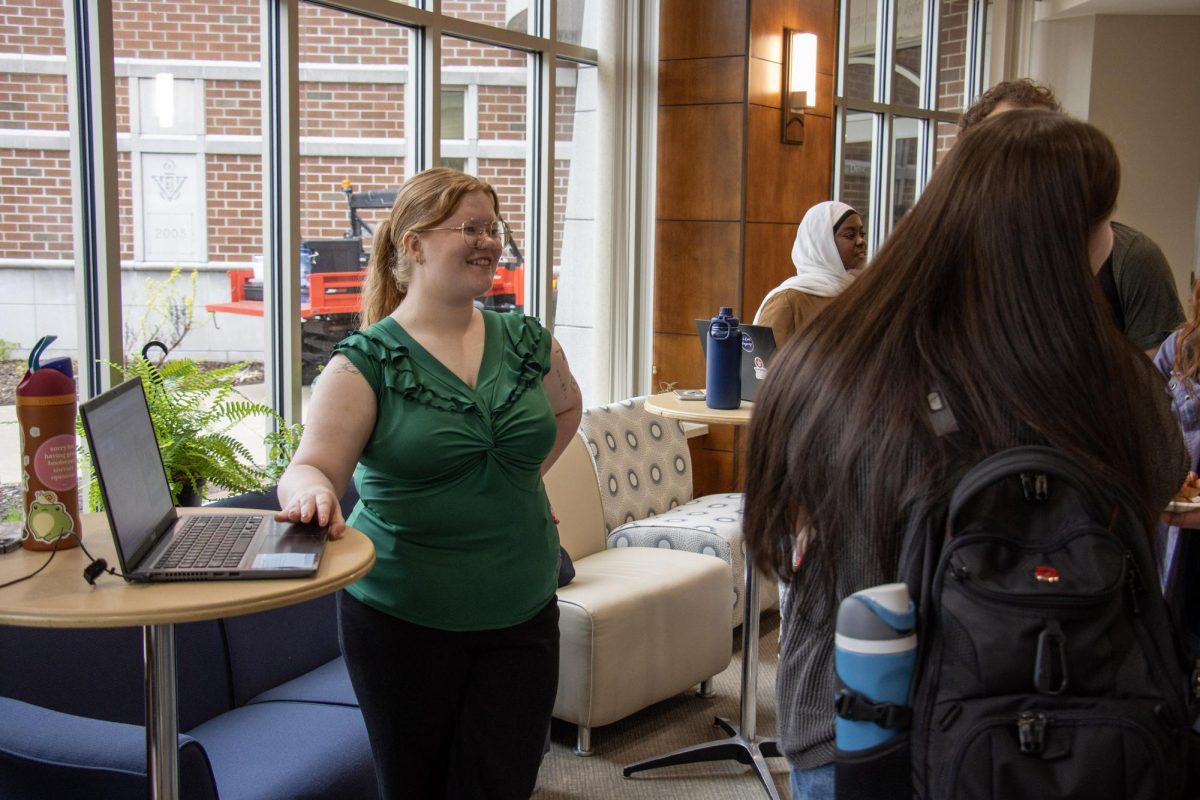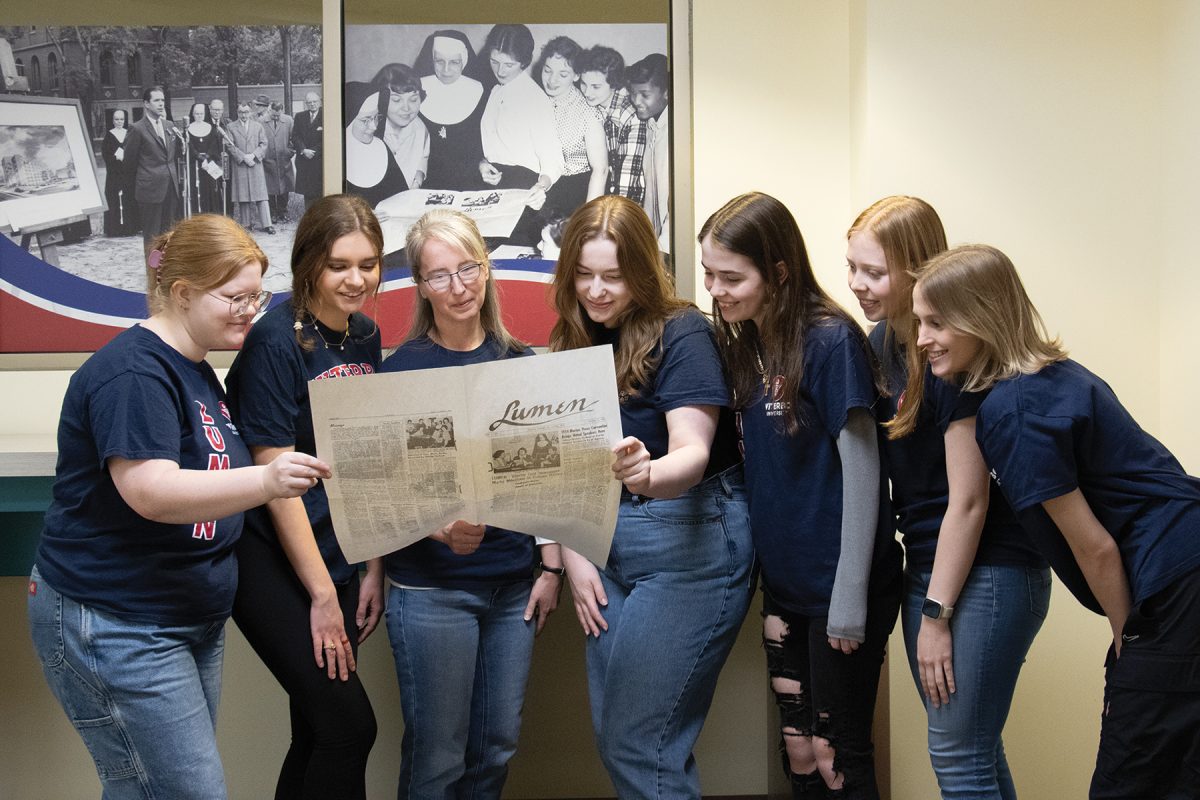Sister Thea Bowman a celebration and inspiration

October 20, 2022
“If I can help somebody as I pass along then my living will not be in vain” said Sister Thea Bowman, a member of the Franciscan Sisters of Perpetual Adoration. Bowman was born in 1937 in Yazhoo, Miss. She grew up in Canton, Miss. enduring the struggles of segregation against the Black community. Bowman attended college first at Viterbo in 1965. She went on to earn her master’s degree and Ph.D. in English.
Although faced with blatant inequality of unjust segregation laws, Bowman maintained a bright, colorful personality to be a voice for her community. She even brought this passion to her faith, asking the question at the 1989 conference of US Catholic Bishops, “What does it mean to be Black and Catholic?” She answered her own question, stating that “It means that I bring myself, my Black self. All that I am. All that I have. All that I hope to become. I bring my whole history, my traditions, my experience, my culture, my African-American song and dance and gesture and movement and teaching and preaching and healing and responsibility as gift to the church.” This crucial time in American history where the struggle for Civil Rights was ongoing. Bowman embraced her heritage rather than allowing it to be dismissed as unequal. The combination of her heritage and her faith was a moment of trailblazing and added to the foundation of Black excellence in America.
Bowman’s faith and traditions combined into one, serving to make a holistic experience as she pushed for more inclusion from the Catholic church of Black communities. Her colorful personality and voice carried her message loud and clear especially in 1989 when she addressed the conference of US Catholic Bishops, who at the time had a majority of white members, and began by singing, “Sometimes I feel like a motherless child. A long way from home, a long way from my home.” Her message spoke for so many people experiencing marginalization, including those that came from a lineage where some family members were taken as slaves, like Bowman’s great-grandparents. She spoke for not just herself in that moment, but for Americans across the country yearning for a belonging in a system that did not allow it. Bowman addressed this in her speech, “A disproportionate number of black people are poor, [in] poverty.” She even called special attention the “spiritual growth” being disproportionate, further urging the bishops to take action.
Bowman addressing the conference was a true call for members of the faith to come together and fight for equality not only in society, but in the Church. Although what she said might have shocked some, this was not new information at the time. “I don’t need to tell you this,” Bowman said, “but I want to remind you,” choosing again to not allow the struggles of her community be dismissed because of unjust attitudes that some American had at the time.
Bowman’s life was more than being a Sister, however. She existed as an icon for the struggles of the Black community and the Civil Rights movement. Bowman brought African culture to the forefront of her Catholic faith and society, and whether it was her classical singing voice or her speech that commanded attention, Bowman brought joy and happiness to so many people. Her legacy at Viterbo is forever cemented.
Bowman was diagnosed with cancer in 1984 and passed away in her childhood home in March of 1990. Throughout her life she would find inspiration in her faith seeking to help others and serve as a role model in whatever place she found herself.



